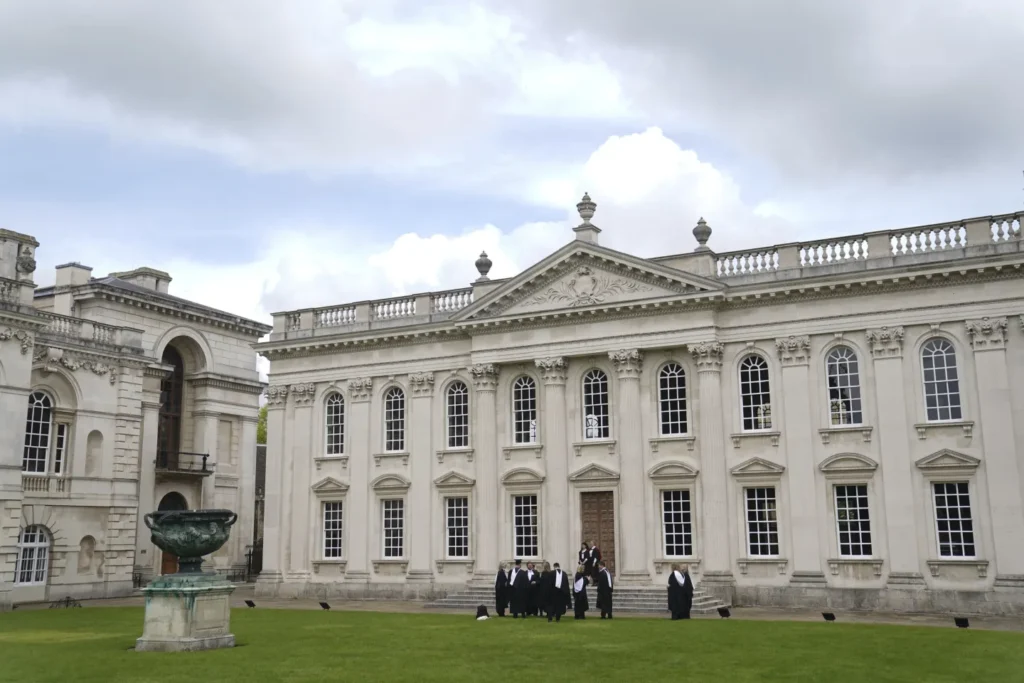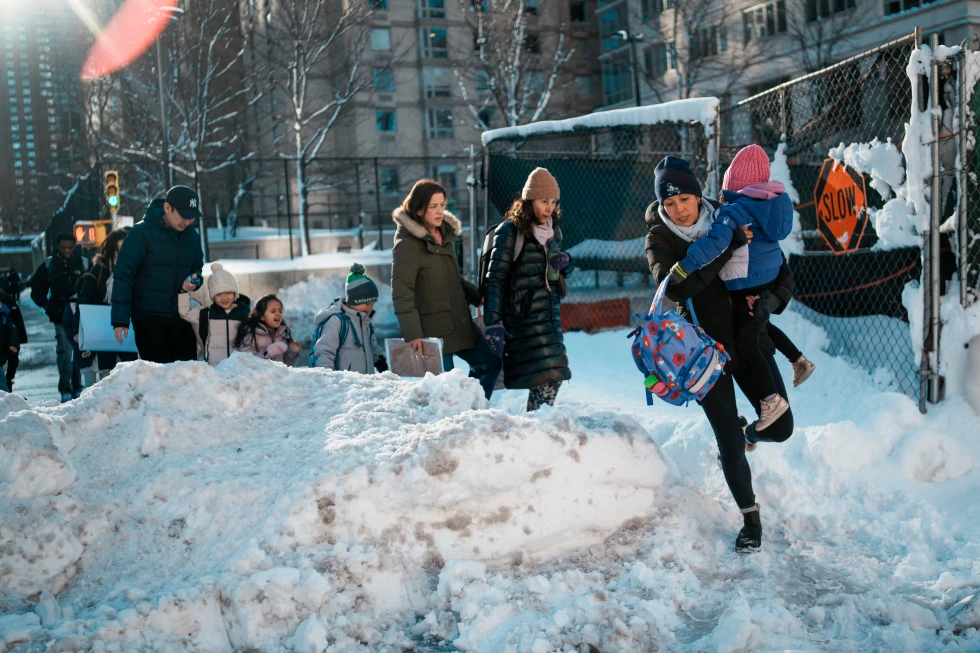College Applications Outside US Surge After Trump Crackdown

College Applications Rise Outside US as Trump Crackdown Drives Students Abroad
LONDON — International students are increasingly applying to universities outside the United States as college applications outside the US climb due to immigration crackdowns under President Donald Trump’s administration.
Visa delays in China, sudden deportation orders, and new social media screenings are causing many students to look elsewhere. U.S. colleges — long the top choice for international education — now face declining interest, while institutions in the UK, Hong Kong, and other parts of Asia are seeing a surge in inquiries.
US Visa Policies Push Students Away
In China, students report months-long wait times for U.S. visa interviews. Meanwhile, students already in the U.S. face the threat of deportation. Some were stripped of legal status over minor offenses, such as traffic violations. After backlash, the administration paused visa appointments but added a social media screening process.
These shifts are part of a broader effort by the Trump administration to reduce U.S. colleges’ reliance on international students. The move is already having economic consequences. According to a NAFSA analysis, new international enrollment in the U.S. could drop by up to 40% this fall — a potential $7 billion blow to the economy.
UK Sees Growth in Global Applications
While the U.S. struggles, the UK is gaining ground. Applications for British undergraduate programs rose by 2.2% this year. Chinese applications jumped by 10%, while U.S. applicants hit a 20-year high at nearly 8,000. Graduate program acceptances also grew by an estimated 10%, with business and management courses in high demand.
Even with the UK’s new Labour government planning to limit post-study visas, the country remains the most welcoming among the top four English-speaking education destinations.
Mike Henniger, CEO of Illume Student Advisory Services, said: “The American brand has taken a massive hit, and the U.K. is the one that is benefiting.”
Staying in Asia Gains Popularity
Universities in Hong Kong, Singapore, and Malaysia are also drawing more interest. Offshore campuses of Western schools offer more affordable tuition and fewer visa challenges.
Will Kwong of AAS Education in Hong Kong said visa issues and political unrest are making families reconsider the U.S. as their top option. “Some are still waiting for visa interviews and may miss the fall term,” he explained.
Hong Kong University has received more than 500 inquiries from students in the U.S. seeking transfers. The Hong Kong University of Science and Technology reported a 40% surge in international undergraduate applications.
Satellite Campuses Offer Alternatives
The UAE and Kazakhstan are also emerging as alternatives. These nations host satellite campuses of U.S. and European universities, offering degrees without the risk of visa denials.
Dubai, aiming to become a global education hub, saw international student numbers grow by one-third in the last academic year. American Academy for Girls Principal Lisa Johnson noted that students are now more open to staying in the region rather than heading to the U.S.
Kazakhstan has attracted U.S. universities like Illinois Tech and the University of Arizona. These campuses offer degree programs to students from China and Russia who now hesitate to apply to the U.S.
Conclusion: The Landscape is Shifting
The combination of immigration crackdowns, visa uncertainties, and shifting geopolitical dynamics is reshaping global education. As college applications outside the US rise, the ripple effects may reshape academic and economic landscapes for years to come.
Source: AP News
: 193







